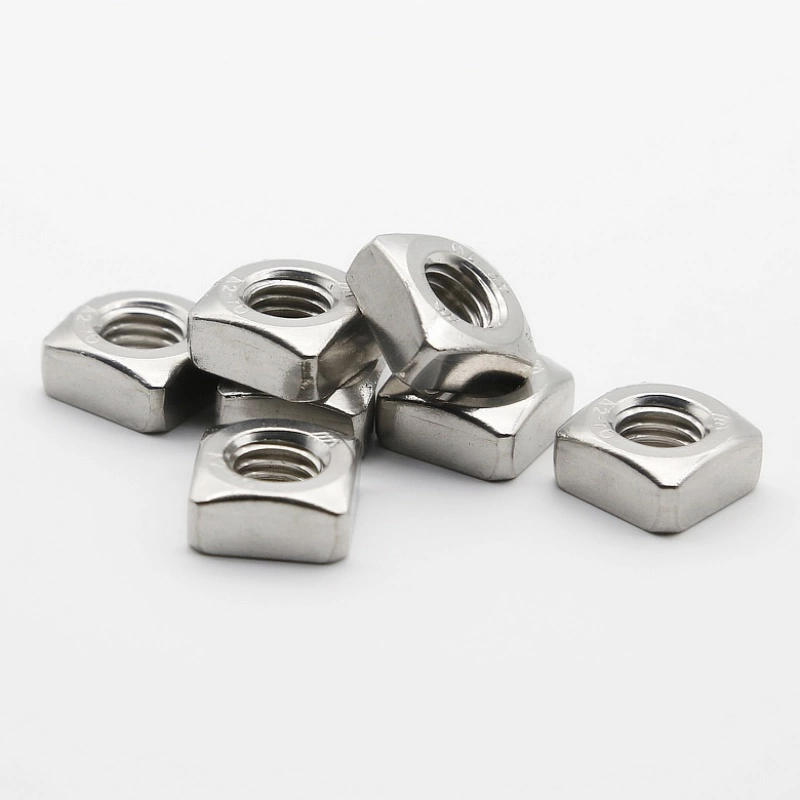

Self-Tapping Screws for Roofing Applications and Installation Techniques
Nov . 30, 2024 02:55 Back to list
Self-Tapping Screws for Roofing Applications and Installation Techniques
Understanding Self-Drilling Screws for Roofing Applications
When it comes to roofing projects, the choice of fasteners plays a critical role in ensuring both the durability and efficiency of the installation. Among the various types of roofing screws available, self-drilling screws have emerged as a preferred option for many contractors and DIY enthusiasts alike. This article explores the features, advantages, and applications of self-drilling screws specifically designed for roofing.
What Are Self-Drilling Screws?
Self-drilling screws, also known as drill point screws, are fasteners that are designed with a pointed tip that allows them to drill themselves into the material without the need for a pre-drilled hole. This unique design can significantly speed up the installation process, making them a popular choice for a variety of construction projects, including roofing.
These screws are typically made from high-strength steel or stainless steel, ensuring they can withstand harsh environmental conditions. Many are coated with rust-resistant finishes, providing additional protection against corrosion, which is essential for roofing applications exposed to moisture and weather elements.
Advantages of Self-Drilling Screws for Roofing
1. Time-Efficiency One of the most significant benefits of self-drilling screws is the time-saving aspect. Traditional roofing methods often require pre-drilling, which can add to labor costs and extend project timelines. With self-drilling screws, workers can quickly drive screws into metal or wood substrates, streamlining the installation process.
2. Strong and Secure Hold The design of self-drilling screws allows for a tight grip on the materials being fastened, ensuring a secure hold that can prevent leaks and structural issues. This is particularly important in roofing, where water intrusion can lead to extensive damage over time.
3. Versatility Self-drilling screws are versatile fasteners that can be used on various roofing materials, including metal, wood, fiberglass, and more. This adaptability makes them suitable for different types of roofing systems, whether residential or commercial.
self drilling screw for roofing

4. Reduced Risk of Damage Unlike traditional screws that may require drilling into the roofing material, self-drilling screws reduce the risk of damaging the substrate. This is especially beneficial for existing roofs where structural integrity is paramount.
5. Cost-Effective While self-drilling screws may have a slightly higher upfront cost than standard screws, the overall savings achieved through reduced labor time and decreased material wastage often make them a more cost-effective solution in the long run.
Applications of Self-Drilling Screws
Self-drilling screws are commonly used in various roofing applications, including
- Metal Roof Installation These screws are ideal for fastening metal roofing panels, where the self-drilling feature allows for quick and secure attachment. - Frame and Truss Assembly Self-drilling screws are also used in constructing roof frames and trusses, contributing to the overall strength and durability of the roofing structure.
- Repair Work For patching or repairing existing roofs, self-drilling screws provide a reliable and efficient method for securing new materials or replacing damaged sections.
Conclusion
In the realm of roofing, self-drilling screws stand out as a valuable tool that combines efficiency, strength, and versatility. Their ability to simplify the installation process while ensuring a secure hold makes them a favored choice for roofing professionals and enthusiasts. Whether working on a new construction project or conducting repairs on an existing roof, self-drilling screws offer the reliability needed to achieve a durable and long-lasting installation. With ongoing advancements in materials and coatings, these screws are likely to remain a staple in the roofing industry for years to come.
Latest news
-
High-Strength Hot-Dip Galvanized Bolts-Hebei Longze|Corrosion Resistance&High Strength
NewsJul.30,2025
-
Hot Dip Galvanized Bolts-Hebei Longze|Corrosion Resistance&High Strength
NewsJul.30,2025
-
Hot Dip Galvanized Bolts - Hebei Longze | Corrosion Resistance, High Strength
NewsJul.30,2025
-
High-Strength Hot Dip Galvanized Bolts-Hebei Longze|Corrosion Resistance, Grade 8.8
NewsJul.30,2025
-
Hot Dip Galvanized Bolts-Hebei Longze|Corrosion Resistance,High Strength
NewsJul.29,2025
-
High-Strength Hot Dip Galvanized Bolts - Hebei Longze Metal Products Manufacturing Co., Ltd.|corrosion resistance&high strength
NewsJul.29,2025

